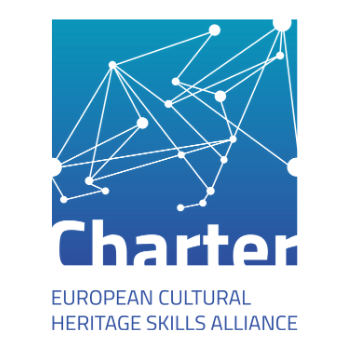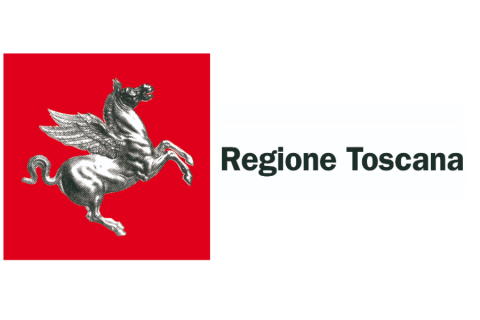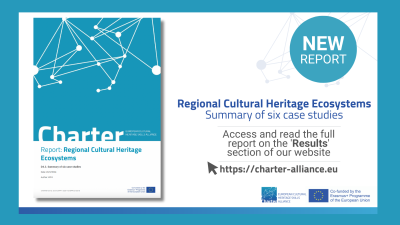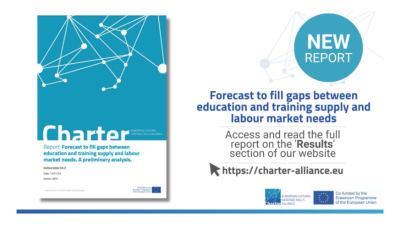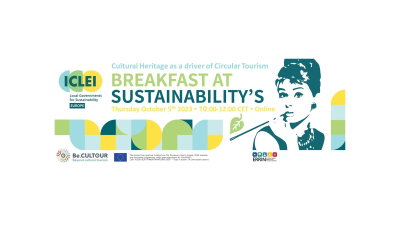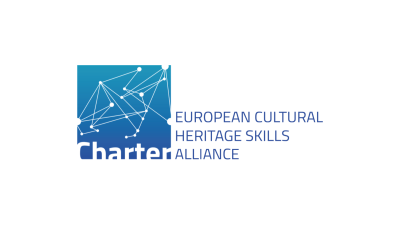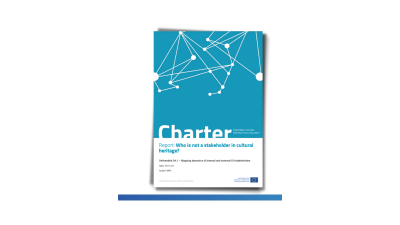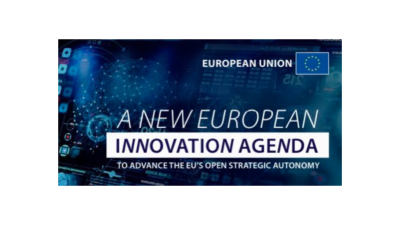Project Objectives
The project uses strategic collaboration and innovative methodologies to bridge the gaps between educational and occupational systems and employer needs, reduce skills shortages, and overcome the paucity of cultural heritage statistical data. The project collected data on six knowledge areas to identify core and transversal competences, including digital, technological and green adaptation skills.
Moreover, CHARTER will create a comprehensive sectoral skills strategy and build a lasting cultural heritage skills alliance in Europe.

